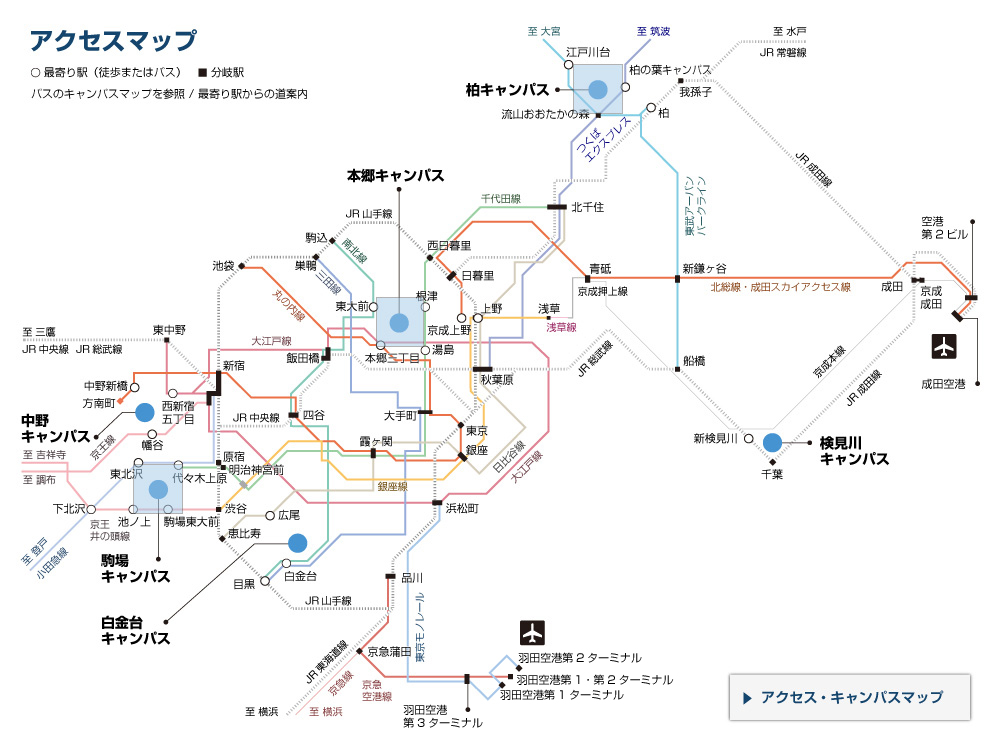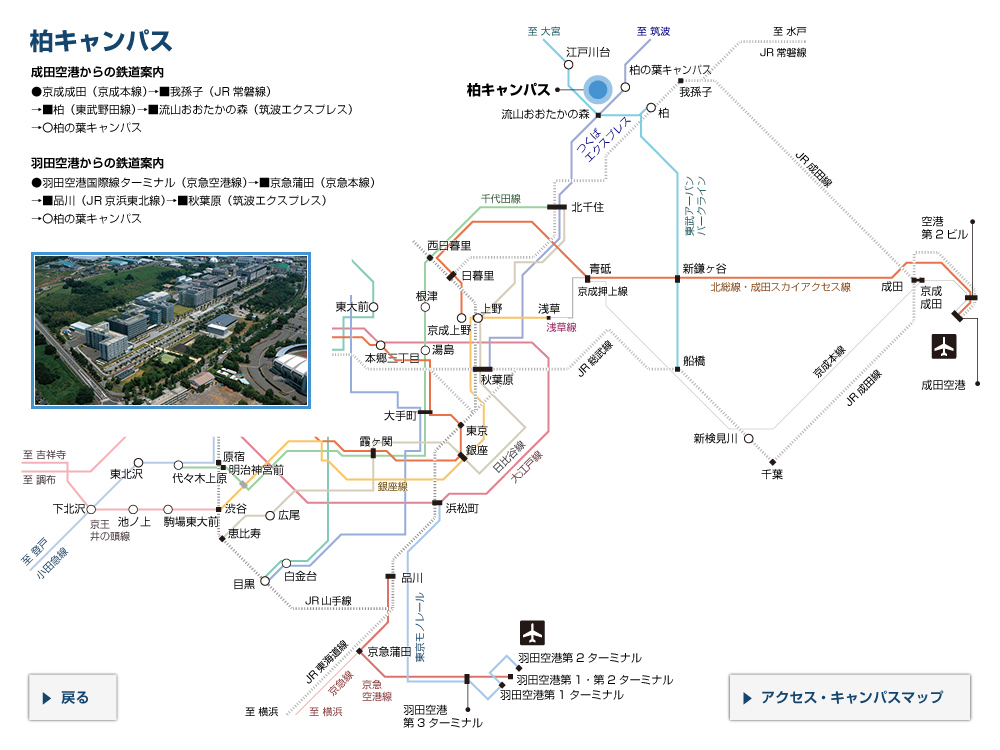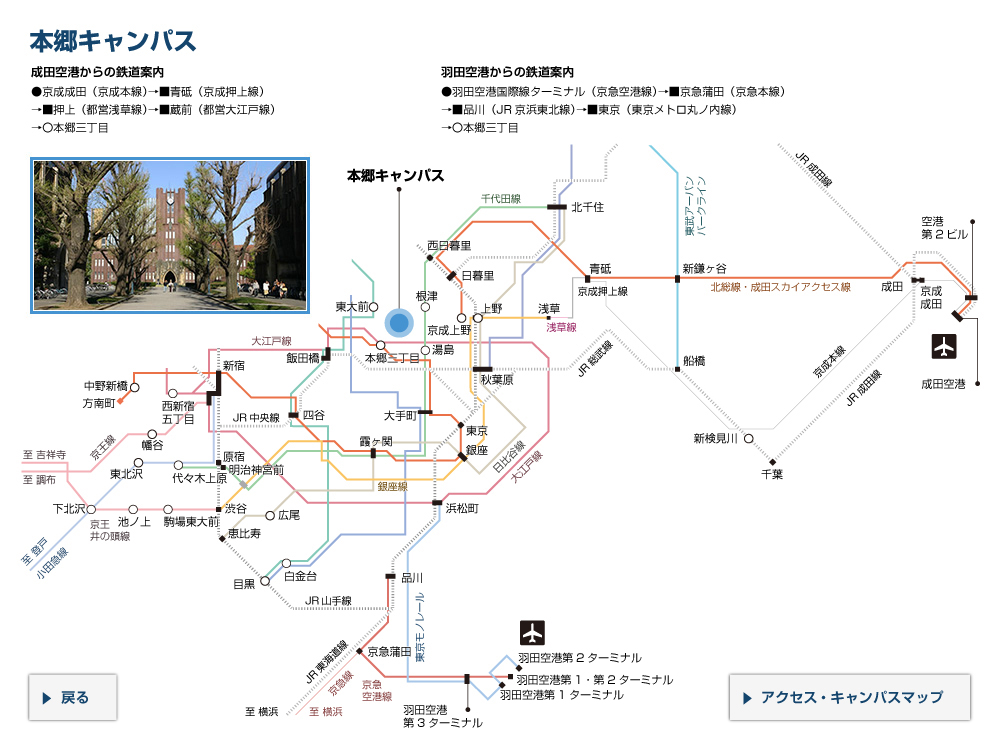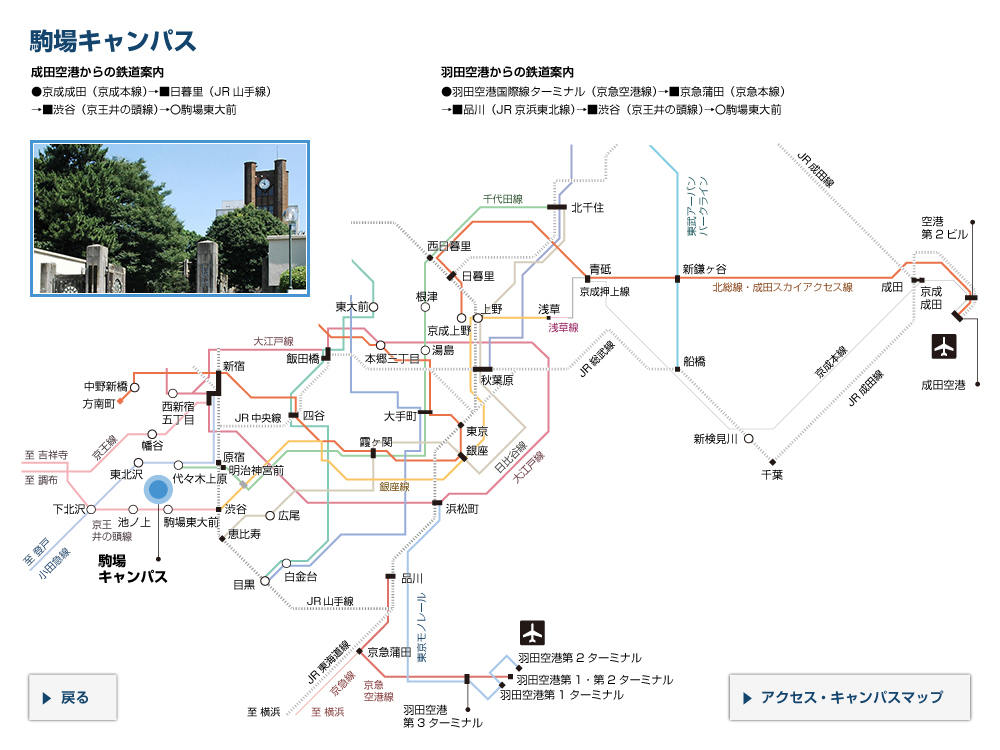令和元年度 東京大学秋季入学式 医学系研究科長式辞
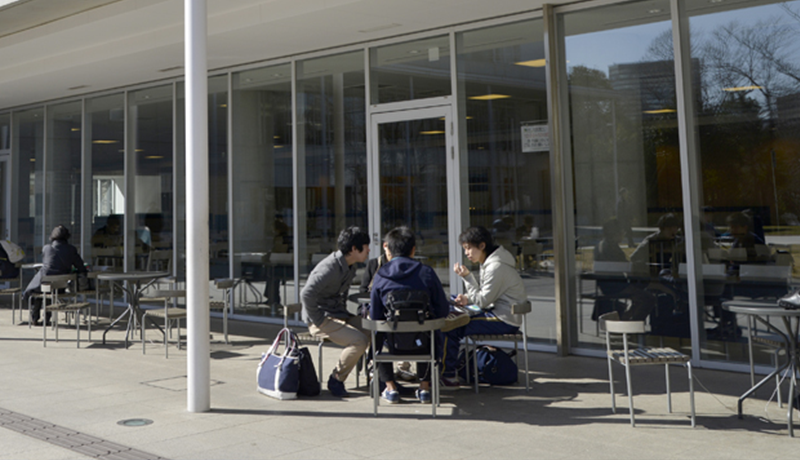

Dean’s Address at the 2019 Autumn Semester Matriculation Ceremony
Welcome, ladies and gentlemen. My name is Nobuhito Saito. I am the Dean of the Graduate School of Medicine. Today I welcome and congratulate new graduate students at the University of Tokyo. On behalf of the Graduate School Deans, I happily and warmly welcome you, your family, and your associates to this ceremony today.
Starting today, you are officially graduate students at the University of Tokyo. While you have certainly earned the right to be proud of becoming part of this school, at the same time I count on you, wherever you go from now on, to remember and to fulfill the responsibilities that are incumbent upon you now as University of Tokyo graduate students.
All of you, I am sure, have studied hard and long, imagining a future in which you will contribute to society. To make your dreams come true, starting today you will begin a life of highly specialized research.
Japanese dictionaries define the Japanese term equivalent to the English term “research” as “thinking deeply about things, investigating them, and bringing the truth to light.” While the term research also means “study” — work and efforts to acquire knowledge — properly speaking, research is more academic and specialized. It is the pursuit of new findings and discoveries. If research is defined as “the pursuit of truth” or “the discovery of new facts,” then the hurdles may be high for people just starting out. After all, discoveries cannot be planned or scheduled.
My personal definition of research is work that produces new knowledge. In general, research is done by reading what has been written on your topic, establishing a hypothesis based on an idea, doing experiments to test the hypothesis, and interpreting the results — all to create new knowledge in your field of interest. This basic approach to research is common to all fields of academic inquiry. In countless laboratories, it is the routine work of researchers creating new knowledge. Of course when this process is carried out continually, after many successes and failures, it sometimes happens that a breakthrough discovery is made, and this for the researcher is a moment of supreme joy.
Essential to the creation of new knowledge is an understanding of what is already known in the field. That is, you need solid background knowledge. It’s important to begin by understanding your predecessors’ achievements well, because new knowledge is created against that backdrop.
To build a base from which to create new knowledge, you need to learn as much as possible from published reports of research done in your field. In your studies thus far I’m sure you’ve found textbooks and other summary information in forms that are quite easy to understand. In contrast, from now on you’ll do “original” research. You will work in domains for which textbook summaries don’t exist and, to fill the gaps in existing knowledge, you yourselves must become the pioneers. It’s important to build your skills as a scientific thinker, and you can do that by acquiring background knowledge, by getting advice from your teachers and from graduate students with more experience, and by learning from noted researchers at seminars and conferences. Try also to improve your communication skills by engaging in discussions with your colleagues.
But even as you learn by interacting with others, you may well find that by doing your own thinking, your own study, your own research, you will become a true expert, one with unparalleled knowledge in your field. All of you will someday make decisive contributions to your respective fields of scholarship. Be proud to be an expert in your field. The history of science and technology gives us many examples of revolutionary discoveries and inventions being made by young, energetic researchers. We look forward to you too doing such productive research.
My field is neurosurgery, brain and head surgery. The history of head surgery goes back to ancient era. In China there was a legendary physician named Huà Tuó who lived from the end of the second until the beginning of the third century of our era. Using a general anesthetic called máfèisǎn, he performed a variety of surgeries. It is said that quite a number of those surgeries were performed on the head. That was in the period of Chinese history known as the Three Kingdoms. In the Kingdom of Wèi, there was a notable king named, Cáo Cāo, or Sousou in Japanese, who suffered from persistent headaches, which may have been caused by a brain tumor. Huà Tuó examined Cáo Cāo for his persistent headaches and urged Cáo Cāo to undergo an operation. But this angered Cáo Cāo, who threw Huà Tuó into prison, where he died. While in prison, Huà Tuó gave his writings to a prison guard, but the guard’s wife burned the manuscript, so later generations never found out how Huà Tuó induced anesthesia. The world would have to wait until much later, when here in Japan, a physician named Seishu Hanaoka developed Tsusensan, another general anesthetic, in 1804. That was about 1600 years later.
My point in telling you that story is that even if you make a great discovery, if you don’t also record it clearly and pass it down to future generations, then your discovery will come to nothing. So be sure that you also learn how to write scientific reports to communicate your findings. Even after your research itself is complete, the task of writing scientific papers will take a lot of your time. Compiling figures and tables, putting the findings into polished, logical sentences, submitting the paper, going through revisions, and so on requires perseverance.
Every field of endeavor has its own particular characteristics, but being able to write scientific papers in a foreign language to share your findings with the rest of the world is important. Seishu Hanaoka’s Tsusensan came 40 years before the discoveries in the West of anesthetics such as “laughing gas” and diethyl ether, but as you can imagine, no one outside of Japan knew about it at the time.
Over a much shorter time span, daily record-keeping is also important. Make it a rule never to forget to take notes of your research work every day. Preserve your research data and your thoughts.
Finally, I thank you for choosing the University of Tokyo for your research training. Our faculty members will support you in every way they can, and the University of Tokyo hopes to grow with you. It is my heartfelt wish that all of you will have brilliant futures.
Nobuhito Saito
Dean of the Graduate School of Medicine
The University of Tokyo
September 20, 2019
関連リンク
- カテゴリナビ



